Controversy Follows Ukrainian Refugees to Israel
Nearly two million Ukrainians – mostly women, children and the elderly – are now refugees due to the Russian invasion.
Nearly two million Ukrainians – mostly women, children and the elderly – are pouring out of their country, becoming refugees in surrounding European countries, mostly Poland. Some of these refugees are finding their way to Israel, but like many issues in that country, controversies have followed.
The first flights carrying Ukrainians eligible for immigration to Israel arrived Mar. 6, from Moldova, Poland and Romania. They were assisted logistically and financially by the Jewish Agency for Israel and the International Fellowship of Christians and Jews.
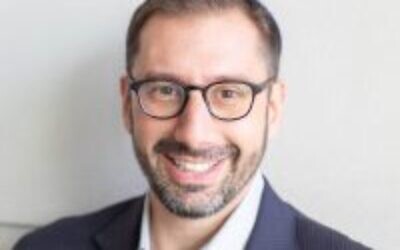
Since 1950, when the State of Israel passed the Law of Return, any Jew has the right to relocate to Israel and acquire Israeli citizenship. Twenty years later, the right of immigration was extended to people with one Jewish grandparent and a person who is married to a Jew, whether or not they are considered Jewish under halachah, or Jewish law, which stipulates that a Jew is someone with a Jewish mother or someone who has converted to Judaism and is not a member of another religion.
That expansive definition was taken from the Nazis’ determination that anyone with a Jewish grandparent was considered a Mischling, or part-Jew.
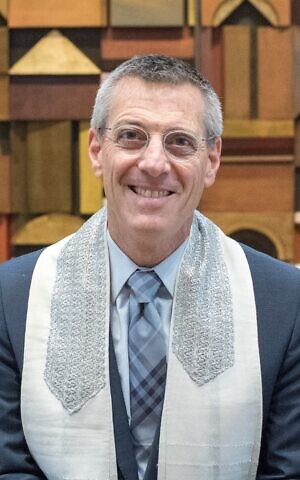
But days after the Russian invasion of Ukraine, which prompted the exodus of people from that country, the Israeli Minister of Interior, Ayelet Shaked, “instructed her office to ease citizenship requirements for the families of Ukrainians immigrating to Israel, but only if they are Jewish according to Israel’s religious standard,” according to the Times of Israel.
Shaked’s instruction caught many people by surprise, including Atlanta Reform rabbis. Informed of Shaked’s move, Temple Sinai’s Ron Segal said, “If accurate, I – and I imagine most throughout the Reform Jewish world – would find this application of the Law of Return to be highly objectionable and problematic!”
Israel’s head of the Constitution, Law and Justice Committee and the first Reform rabbi to be a member of the Knesset, Gilad Kariv, also said he was shocked, and called for it to be reviewed. “This is the first time I’ve heard of differentiating between Jewish and non-Jewish people who are eligible under the Law of Return.
People eligible to return are all in the same boat. I don’t know of any precedent for a minister to make a decision differentiating like this in terms of who is eligible under the Law of Return,” said Kariv.
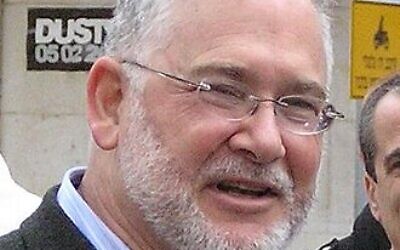
Uri Regev, CEO of Hiddush, an organization fighting for religious freedom and equality in Israel, told the AJT, “I was shocked when I read it, and regret not knowing about it in real-time. I checked with Gilad Kariv and he says that such distinction as was described at the committee meeting is no longer practiced following his taking it up with the ministry. It’s a sheer chutzpah!”
Similarly, Rabbi Josh Weinberg, who is vice president of the Union for Reform Judaism in Israel, and executive director of the Association of Reform Zionists of America, said the ruling had been changed, “at least temporarily.”
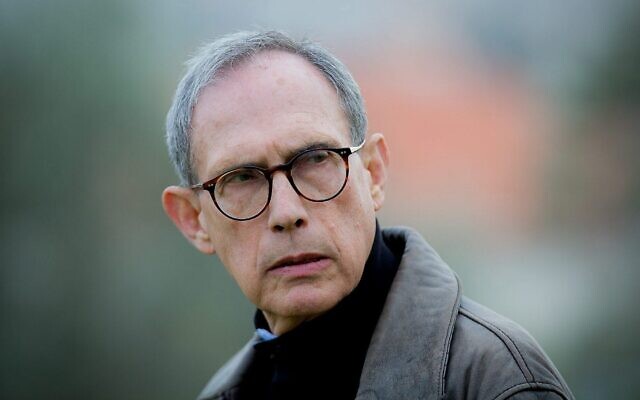
But determining which Ukrainian refugees were eligible for Aliyah, or immigration to Israel, was not the only controversy while Israel is dealing with the thousands who are trying to enter the country. Israel has long struggled with the issue of allowing refugees into the country. Most have fled wars and poverty in African countries. At times, huge detention camps have held thousands of migrants who were not allowed to work in the country or receive any kind of benefits. Israel has often repatriated some of these migrants, but the practice has been challenged in Israeli courts.
Given that background, the Israeli Immigration Authority has required that Ukrainian refugees who are not eligible for officially immigrating to the country to deposit approximately $3,000 as a guarantee and pledge that they will leave the country within a month.
That time frame will likely be extended, depending on what happens in their war-torn country, but relatives of the refugees who live in Israel have been flocking to Ben-Gurion Airport to help pay those deposits.
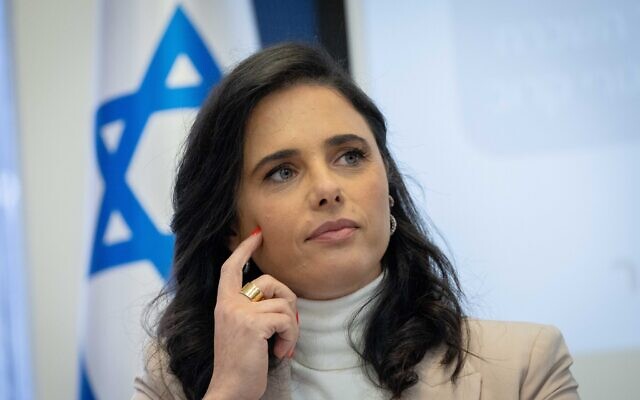
Nachman Shai, Israel’s Diaspora Minister, and formerly an Emory University visiting professor, argued that “We must immediately remove the illogical and inhuman demand for a NIS [New Israeli Shekel] 10,000 deposits for refugees entering Israel from now on.”
The Israeli government has also come under fire for not calling out Russia as the unprovoked aggressor in Ukraine. Prime Minister Naftali Bennett has contended that the country can be diplomatically useful because it has relationships with both Russian President Vladimir Putin as well as the Jewish Ukrainian President Volodymyr Zelenskyy. And indeed, the Orthodox prime minister broke Shabbat law by traveling to Moscow to meet with Putin to try to end the war.
- News
- World
- Ukraine
- russia
- Putin
- Jan Jaben-Eilon
- Volodymyr Zelenskyy
- Refugees
- Israel
- Moldova
- Poland
- Romania
- Law of Return
- Halachah
- Mischling
- Ayelet Shaked
- Gilad Kariv
- Temple Sinai Atlanta
- Uri Regev
- Hiddush
- Rabbi Josh Weinberg
- Union for Reform Judaism in Israel
- Nachman Shai
- Prime Minister Naftali Bennett



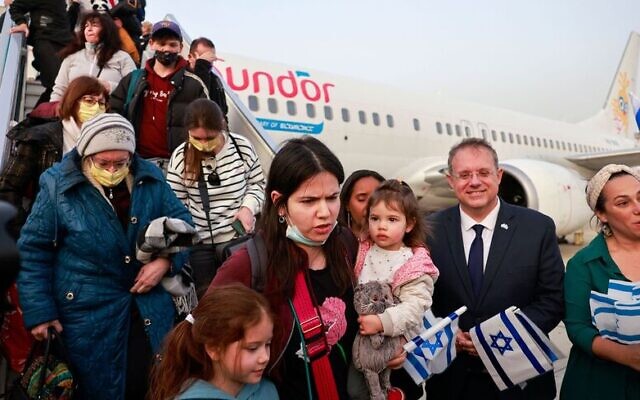
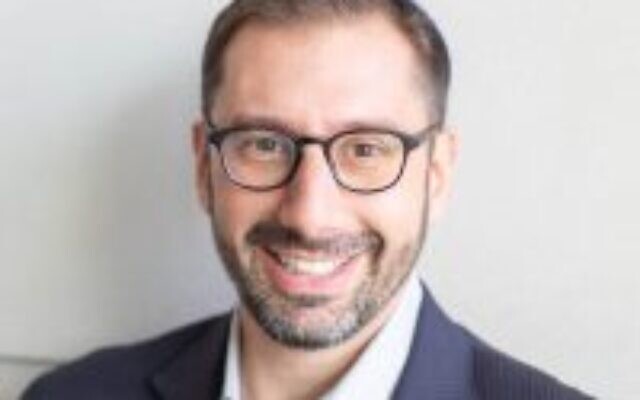
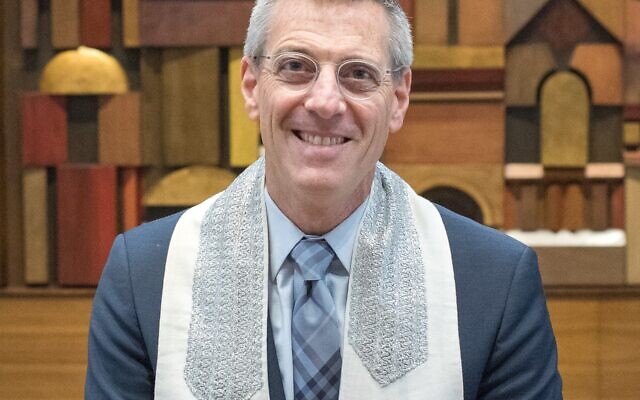
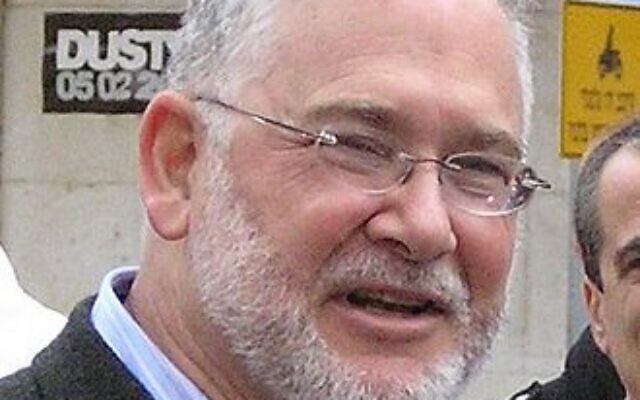
comments